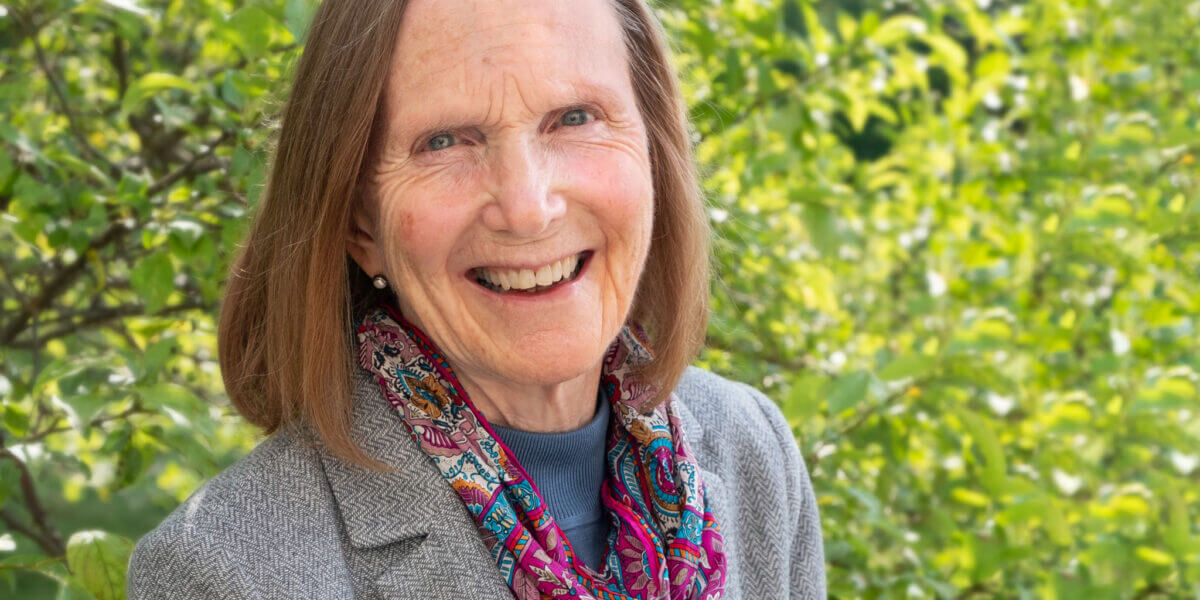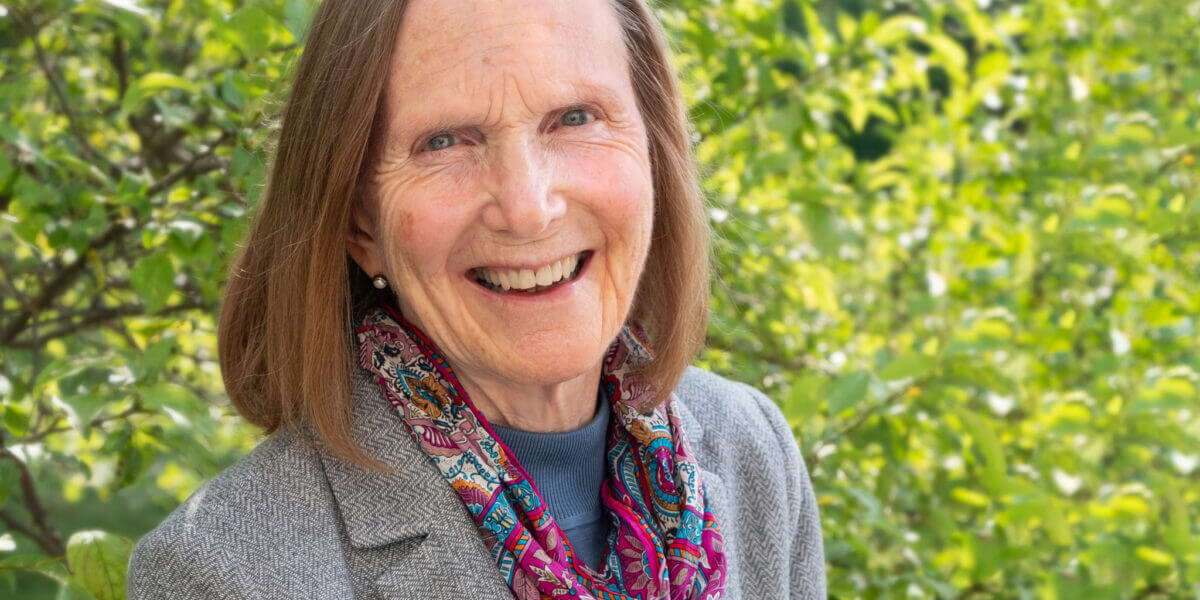Originally published in the Times Argus on December 14, 2024 as part of their “Vermont by Degrees” series.
At the Community College of Vermont, our goal is to help Vermonters gain the skills and knowledge they need for the jobs that are here, and to grow the workforce our businesses need to stay in Vermont. Education is the bridge between the two, opening doors to valuable skills that benefit both workers and employers.
We want Vermonters of all identities to have access to education. But of the 10,000 students who enroll at CCV each year, only about one third are male. This trend is similar at Vermont State University and the University of Vermont, and Vermont has New England’s lowest college-going rate among young men.
It’s important to acknowledge that while these trends exist, women and girls still face disadvantages: women still earn less than men, still face discrimination in the workplace, are still underrepresented in politics. At the same time, young men are increasingly disengaged from education and the workforce. As Brookings Institute scholar Richard Reeves has said, gender equality is not a zero-sum game. Doing more for men and boys doesn’t mean doing any less for women and girls. But the data around men and boys is concerning:
- Boys are 50% more likely than girls to fail math, reading, and science.
- Men without a college degree are leaving the workforce at higher rates than those who are college-educated.
- The participation rate for men in the workforce fell from 97% in 1960 to 88% in 2022.
- Men account for nearly 3 out of 4 “deaths of despair” by suicide or overdose.
These figures illustrate real issues with significant consequences, but with clear vision and strategy, we can turn these trends around. So how is CCV working to engage all students, including men?
- By addressing the biggest barriers to higher education, cost and time:
- Half of Vermont households are eligible for the 802 Opportunity Grant, sponsored by the Vermont Student Assistance Corporation (VSAC), which covers CCV tuition for Vermonters with a family income of $75,000 or less. The Free Degree Promise, generously supported by the J. Warren & Lois McClure Foundation, offers a free associate degree to students who complete Early College during their senior year of high school. Impressively, more than half of CCV students graduate with zero debt.
- Designing flexible courses and programs. One recent graduate worked in the trades for a decade before deciding he needed an associate degree to advance his career. He balanced a full-time job, new fatherhood, and college classes by completing his business degree online, creating a schedule that fit into his busy life. He graduated from CCV, bought a home inspection company, and is enjoying the perks of being his own boss.
- By encouraging non-traditional career paths for males, such as education. This has ripple effects: we know that boys are more likely to succeed in school when they have positive role models in the classroom, yet only a fraction of pre-k-12 teachers are male.
- By creating more opportunities for students who aspire to continue their education beyond CCV, such as seamless pathways to bachelor’s degree completion at Vermont State University and the University of Vermont.
- By offering practical pathways to career advancement. For example, earn-and-learn programs make it easier for students to earn a paycheck while they continue their education. One student in a CCV manufacturing pipeline shared that earn-and-learn made it possible for him to upskill into a role that he’s dreamed of for years. Enrollment in this program is 50% male, compared with just over 30% for the CCV student body.
- By participating in the broader conversation about issues facing boys and men. This fall, CCV was invited to join the Higher Education Male Achievement Collaborative, spearheaded by Richard Reeves, which is a working group of partners from across the country addressing declining rates of male achievement in higher education.
As a community, we can all step up—as educators, employers, neighbors, friends, and family members—and really listen to the young men in our lives. We can ask questions like, ‘what are you interested in? What do you like to do? What inspires you?’ We need to build on that foundation as we engage students in work and learning that is both practical and meaningful.
For Vermont to thrive now and into the future, we need everyone participating at their highest capacity. If we listen to, encourage, and cultivate the interests and passions of our fellow Vermonters, we will all be better off.





